Ethics is an area of philosophical exploration, addressing fundamental questions about human values, the nature of morality, and the principles that guide our actions. Different ethical theories offer diverse perspectives on how we should navigate moral challenges and make ethical decisions in various contexts. See my discussion post where I share some of my cursory thoughts and opinions on the subject.
Normative Ethics – Theories of Moral Value and Goodness
Normative ethics focuses on providing guidelines for determining what actions are morally right or wrong. It encompasses different ethical theories, including:
- Consequentialism: Evaluates the morality of actions based on their outcomes or consequences.
- Deontology: Emphasizes moral duties and principles that guide actions, irrespective of their outcomes. It’s associated with philosophers like Immanuel Kant who focuses on moral duties and principles that guide actions. It emphasizes the importance of acting in accordance with universal moral rules, regardless of outcomes.
- Virtue Ethics: Centers on cultivating moral virtues and character traits to lead a good life.
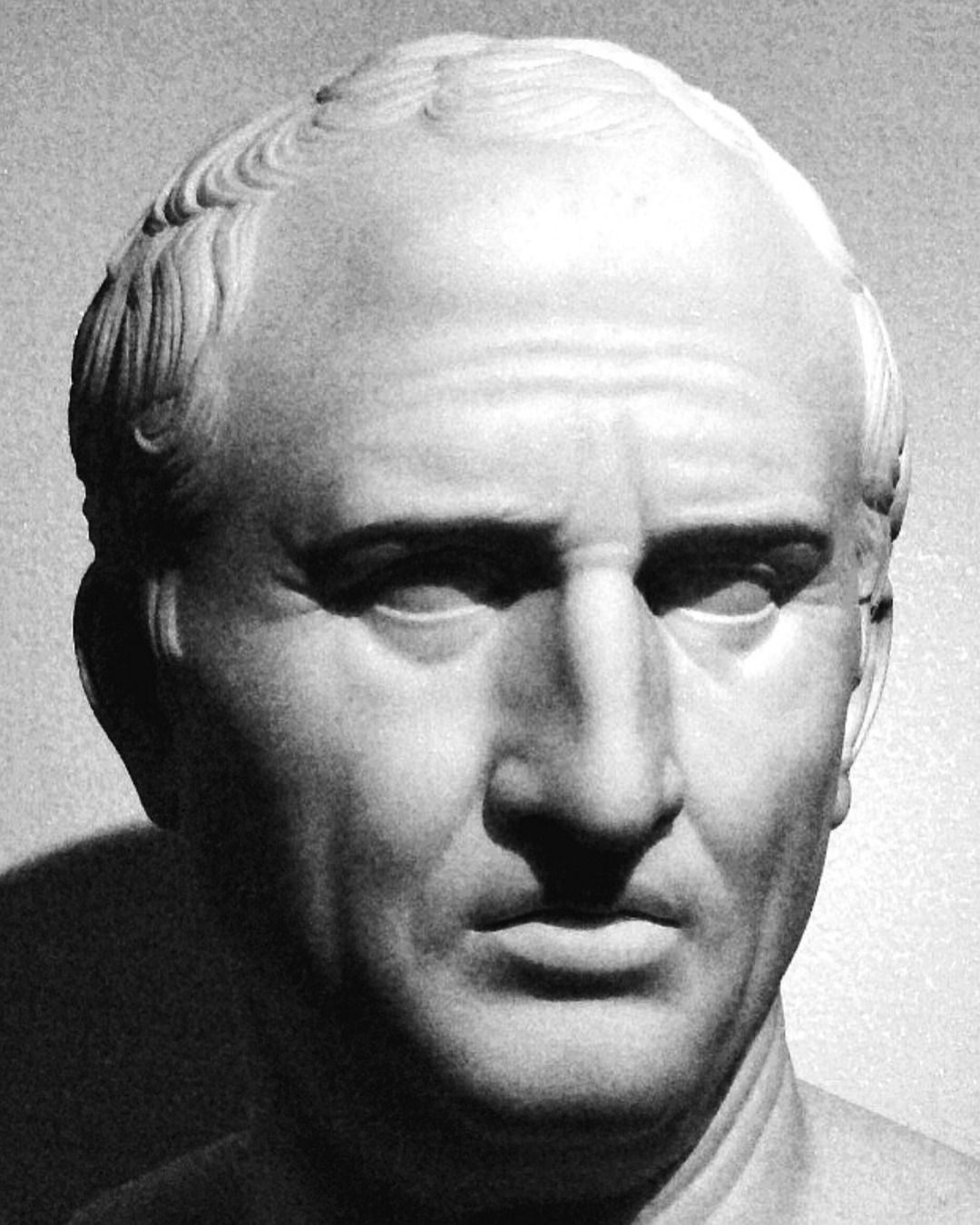
Cicero contributed to the development of natural law theory. In works like “On Duties” (De Officiis), he argued that there are moral principles inherent in human nature and that these principles can be discovered through reason. Cicero’s writings on duty and moral obligations influenced later ethical thought.
Metaethics – Study of the Nature of Ethics and Moral Realism
Metaethics delves into the nature of ethical concepts, including:
- Moral Realism: Posits that moral facts and values exist independently of human beliefs. Ethical statements can be objectively true or false.
- Moral Anti-Realism: Holds that moral statements lack objective truth, and moral values are subjective or constructed by individuals or societies.
- Ethical Naturalism: Asserts that moral properties are natural properties that can be studied using empirical methods.
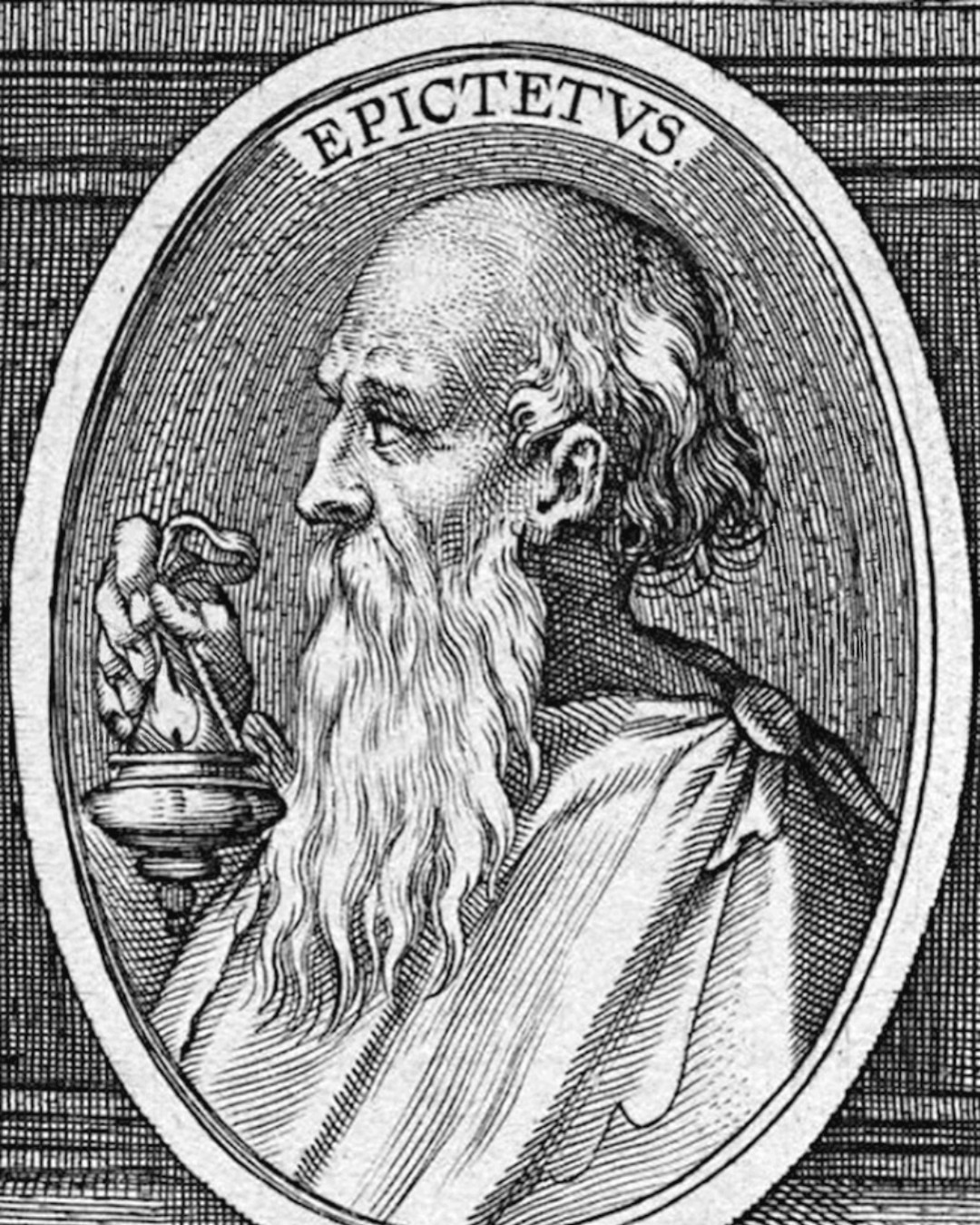
Epictetus emphasized the Stoic ethical principles of self-control, rationality, and acceptance of what is beyond one’s control. He taught that virtue is the only true good, and individuals should focus on developing moral excellence. His “Enchiridion” and “Discourses” contain practical advice on how to live a virtuous life in accordance with nature.
Applied Ethics: -Ethical Issues in Specific Contexts
Applied ethics addresses ethical dilemmas and principles in specific contexts, such as:
- Medical Ethics: Examines moral issues in healthcare, including consent, end-of-life decisions, and the allocation of medical resources.
- Environmental Ethics: Considers moral obligations toward the environment and non-human entities, addressing issues like conservation and sustainability.
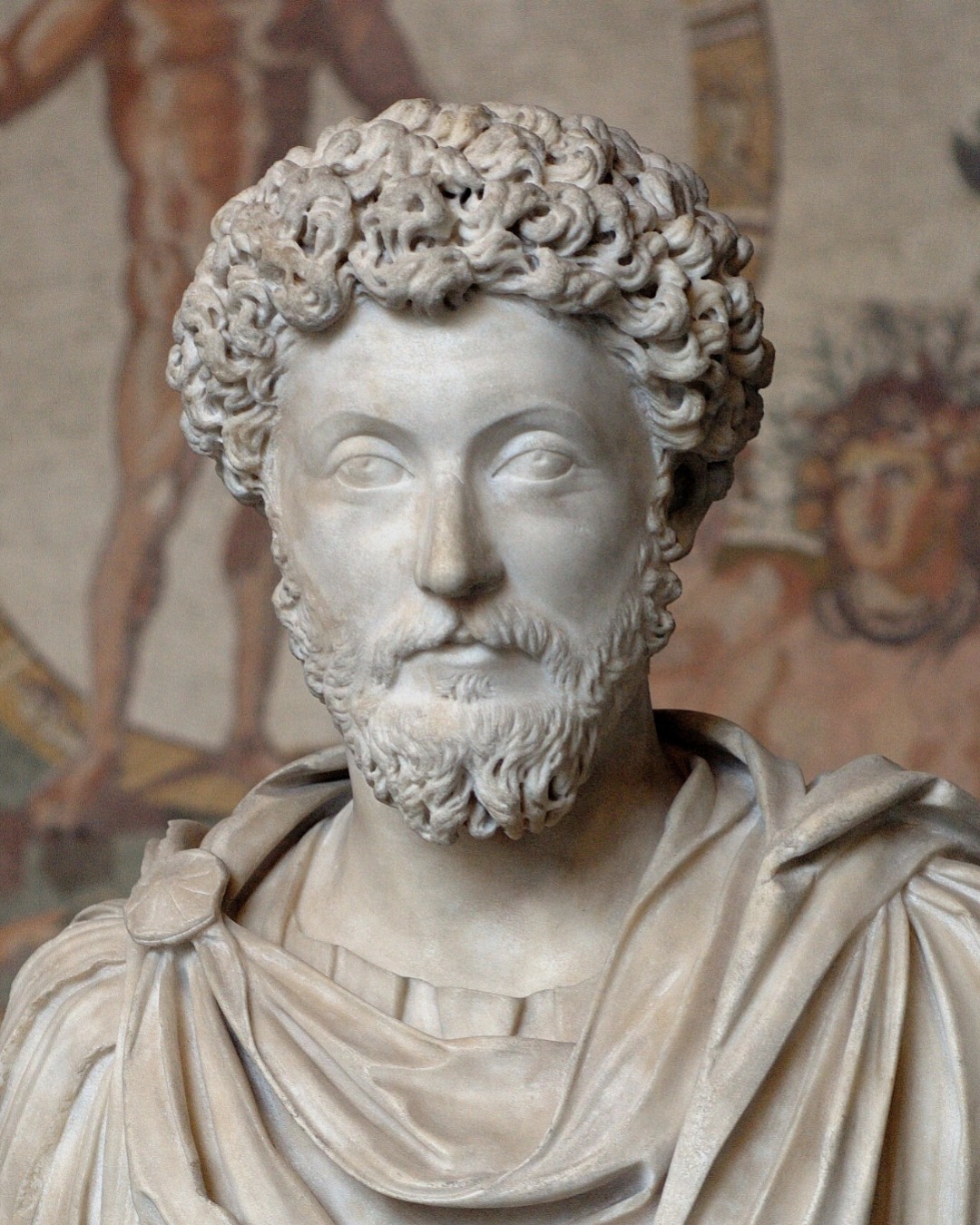
Marcus Aurelius practiced and wrote about Stoic philosophy. His “Meditations” is a collection of personal reflections and philosophical insights. He emphasized Stoic virtues, such as wisdom, courage, justice, and self-discipline, as essential for leading a good life. His writings offer guidance on living ethically and with inner peace.
Virtue Ethics – Focus on Character and Moral Virtues
Virtue ethics emphasizes the development of virtuous character traits to guide ethical behavior. It emphasizes qualities such as courage, honesty, compassion, and wisdom as essential for moral living.
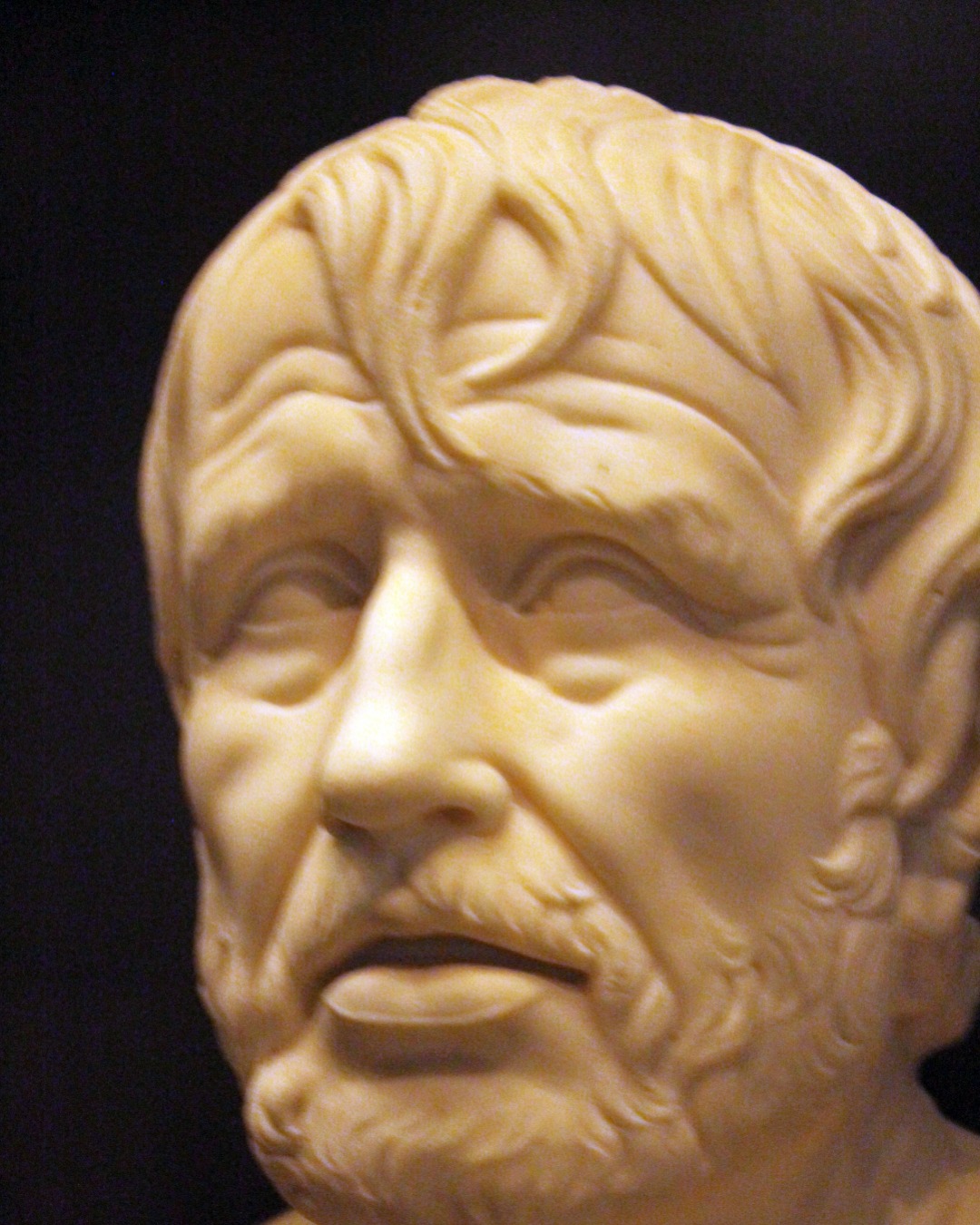
Seneca wrote extensively on ethics and practical philosophy. His “Letters to Lucilius” and other works contain advice on living virtuously, facing adversity with equanimity, and cultivating wisdom. Seneca’s writings emphasize the importance of self-improvement, self-control, and the pursuit of virtue.
Utilitarianism – Ethics Based on Consequences and Maximizing Utility
Utilitarianism is a form of consequentialism which was championed by figures like Jeremy Bentham and John Stuart Mill. They argue that actions should be judged by their ability to maximize overall happiness or utility. Utilitarianism prioritizes the greatest good for the greatest number.
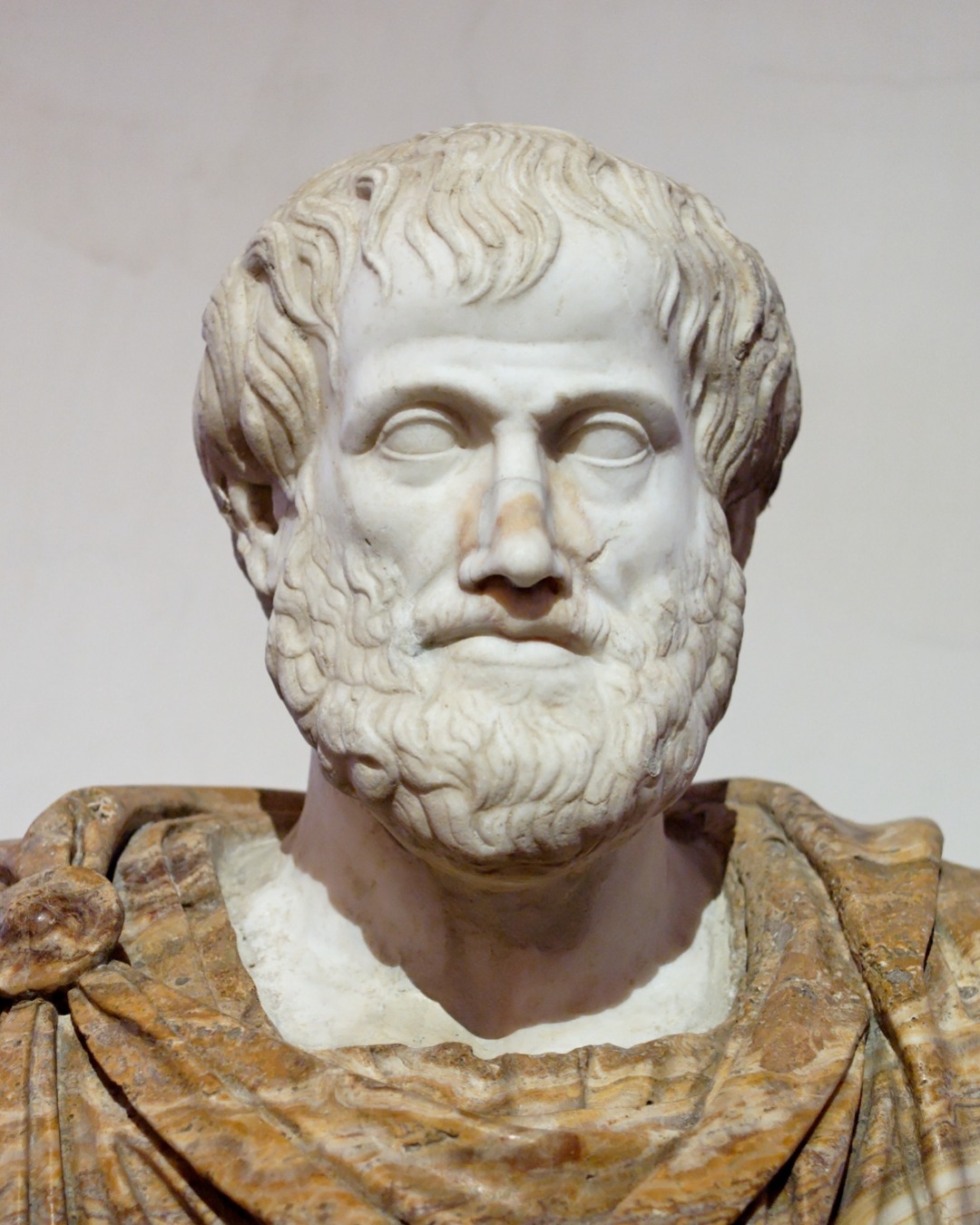
Aristotle argued that the highest human good is eudaimonia (often translated as “happiness” or “flourishing”), which is achieved through the cultivation of moral virtues. He identified a set of virtues as means between extremes (the doctrine of the golden mean) and emphasized the importance of character development and moral education.

